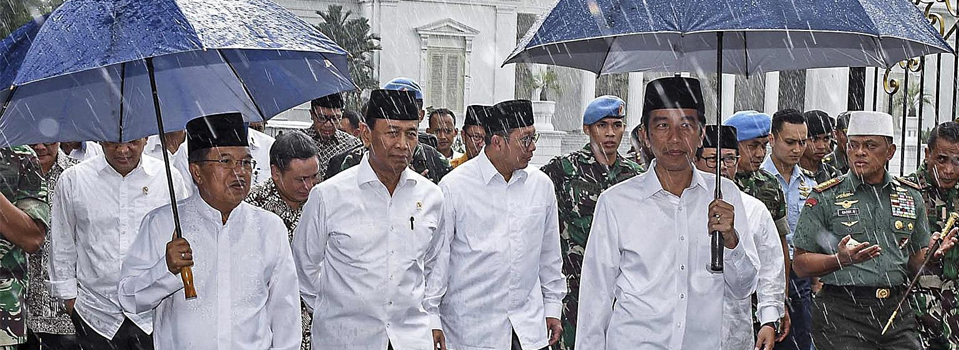SENIOR Asean officials yesterday discussed the possibility of expanding the ambit of the Treaty of Amity and Cooperation to include regional powers such as China. An Asean delegate said the grouping’s treaty, signed at the Bali summit in 1976, would be part of the ground rules for the conduct of relations among countries in the region.
The Asean officials were preparing for the two-day ministerial meeting from Friday.
“China would think twice about its actions in the region once it signs the treaty,” said another official. He said the region was concerned about China’s growing military power in the South China Sea.
A Thai diplomat said China’s accession to the treaty could be the first step towards creating a sectoral or dialogue status with Asean.
Another official said there was a suggestion that Australia and New Zealand should also accede to the treaty.
The treaty binds signatories to the principles of peaceful coexistence, peaceful settlement of disputes, mutual respect and non-interference.
It is open to accession by other states both within and outside South-east Asia.
All Asean countries have signed the treaty. Papua New Guinea acceded to it in 1989, and Vietnam and Laos did so last year.
Yesterday’s meeting also discussed ways to increase cooperation with Vietnam and Laos, which are attending the Asean ministerial meeting as observers for the first time.
An Asean source said the officials proposed inviting Cambodia’s foreign minister to attend the meeting.
Malaysian Foreign Ministry Secretary-General Tan Sri Ahmad Kamil Jaafar told Malaysian reporters that Asean would discuss plans to rebuild the war-torn country following the formation of a new government in Phnom Penh.
“We are not about to infringe on their sovereignty. We will only support whatever choice they make,” he said.
The Thai Foreign Ministry’s Permanent Secretary, Mr Pracha Gunakasem, said Asean would reiterate its commitment to Cambodia.
The officials did not take a common position on the proposed Asia-Pacific Economic Cooperation forum in Seattle in November. This would be left to the individual Asean countries to decide.
An Asean source disclosed that the officials yesterday also discussed applications from Pakistan, Mexico and Mongolia to become the grouping’s sectoral partners.
A sectoral partner can take part in meetings with Asean on certain sectors such as investment, trade and tourism, finance and banking, transport and communications. India is a sectoral partner in investment, trade and tourism.
The issue of Vietnamese refugees was also discussed at the meeting, Philippine Foreign Affairs Undersecretary Rodolfo Severino said.

